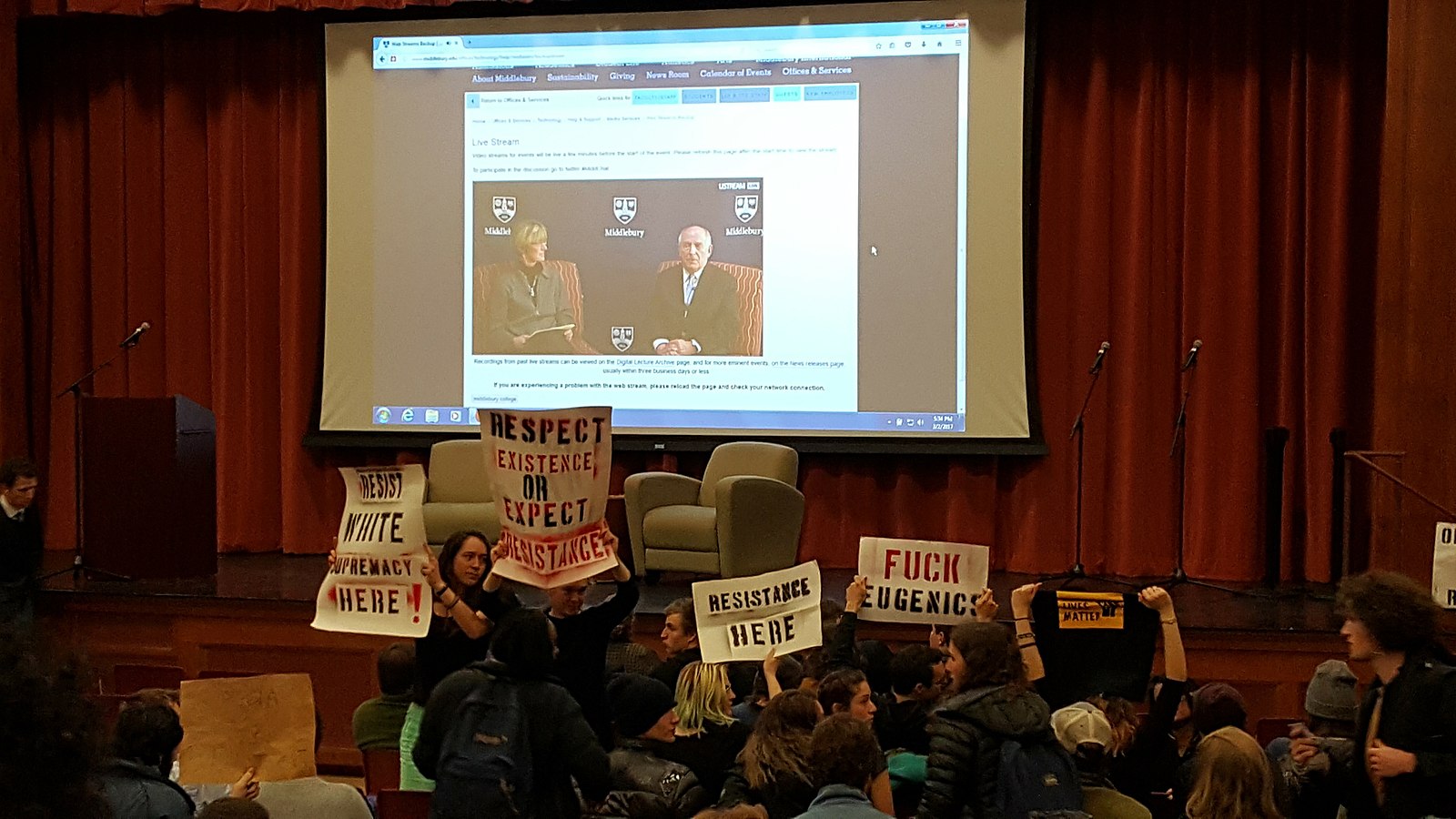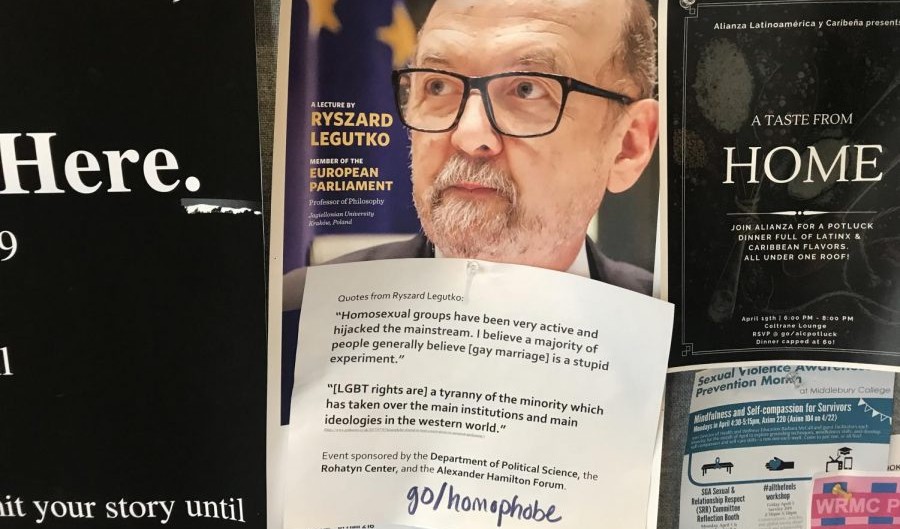How to respond if a controversial speaker is invited to your campus
Both public and private campuses should be open to a wide variety of academic and popular opinions and should foster a culture where speech and reasoned debate are seen as the best tools for confronting mistaken, wrongheaded, or hateful ideas. The advice below was adapted in part from the article “A Free-Speech To-Do List for College Administrators,” by Erwin Chemerinsky and Howard Gillman.
-
VERIFY
Confirm the details of who invited the speaker and whether existing policies for such invitations were followed.
-
AFFIRM VALUES
If the speaker’s views contradict the university’s values, leaders should explain the distinction to their community clearly and unequivocally, while also reaffirming their commitment to free speech.
-
COMMUNICATE
During the lead-up to the event, the university should be as transparent as possible about how it plans to handle the event and any new developments.
-
TEACH
These cases provide an opportunity for leadership to educate the community about free speech, the First Amendment, and the dangers of silencing even offensive speech.
-
LISTEN
If a group would like to voice discontent in response to the invitation, create an opportunity for them to do so with the appropriate offices or officials.
-
ANTICIPATE
Establish transparent, content-neutral procedures for approving events in campus spaces. Groups do not have the right to unconditional access to campus spaces, and universities can impose certain content-neutral restrictions.
-
PRIORITZE SAFETY
Prepare security assessments to ensure that speakers, audiences, and protesters will be able to participate safely.
-
STAND FIRM
Only under extremely rare and extenuating circumstances should administrators consider a disinvitation or cancellation. Whenever possible, campuses should not allow security costs to be grounds for disinviting a speaker.
-
FACILITATE COUNTER-SPEECH
During the lead-up to the event, make sure to provide opportunities for lawful protest and counter-speech. Some universities have created alternative programming in conjunction with a controversial speaker’s visit.
-
ANTICIPATE
Establish clear and detailed procedures for staff to respond to various potential disruptions. Make clear that counterprotests must not prevent others from hearing the speaker.
-
REMIND
Before the event, review policies for invited speakers, protests, and disruptions with the campus community.
Further Reading
-

-

-
Sample Statement
Statement on speaker shutdown at Claremont McKenna College
-
Sample Statement
Statement on Milo Yiannopoulos at New York University
-
Sample Statement
Statement on Richard Spencer at the University of Florida